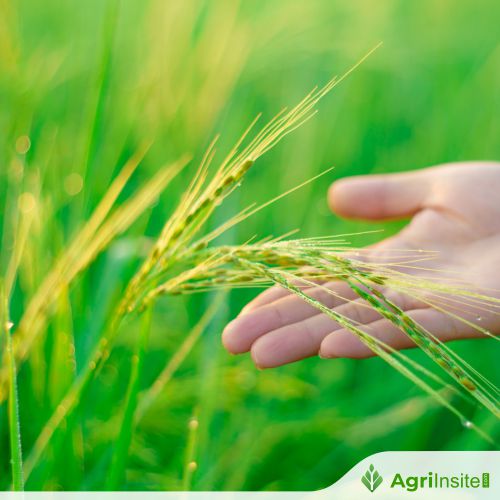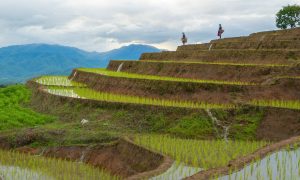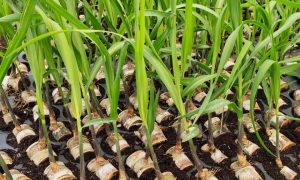Kerala State to launch low-carbon rice farming initiative

Kerala is hosting a three-day workshop on “Catalysing Transitions to Low-Emission Rice-Based Systems” under the KERA project, supported by the World Bank. The program promotes climate-resilient rice cultivation on 20,000 hectares using techniques like Alternate Wetting and Drying. Sessions will cover low-carbon agronomy, digital monitoring, greenhouse gas mitigation, and action planning.
Kerala is set to take a major step towards climate-resilient agriculture with the launch of a three-day inception workshop on “Catalysing Transitions to Low-Emission Rice-Based Systems in Kerala,” to be held from Thursday to Saturday at the Kerala Agricultural University (KAU), Thrissur.
The initiative is part of the Kerala Climate Resilient Agri-Value Chain Modernisation Project (KERA), implemented by the Department of Agriculture and Farmers’ Welfare with support from the World Bank.
The event is being jointly organised by the International Rice Research Institute (IRRI), KAU, Centre for Water Resources Development and Management (CWRDM), Department of Agriculture Development and Farmers Welfare, and Department of Irrigation, Kerala.
Policy innovations
The workshop seeks to facilitate the State’s transition to sustainable, low-emission rice cultivation by integrating scientific, technological, and policy innovations into agricultural systems.
A major focus of the programme is the promotion of low-emission rice farming techniques, particularly Alternate Wetting and Drying (AWD), a water-saving technology developed by IRRI. Under the project, low-carbon rice cultivation practices will be promoted across 20,000 hectares of canal-irrigated wetlands in Palakkad and Kole lands in Thrissur.
The workshop will be inaugurated at the Seminar Hall of the College of Agriculture, Vellanikkara. B. Ashok, Vice-Chancellor of KAU, will preside over the function. The event will be inaugurated by the State Best Farmer Award winner C. J. Skaria Pillai.
Key sessions
Over the course of the workshop, participants from research institutions, academia, and various government departments will engage in plenary sessions, technical discussions, stakeholder consultations, and field visits. Key sessions will focus on sustainable and climate-resilient rice production practices, low-carbon agronomy, digital technologies, and greenhouse gas mitigation strategies. The application of satellite-based monitoring systems such as NISAR for Measurement, Reporting, and Verification (MRV) will also be highlighted. The workshop will further engage with the KERA PhD network to build research capacity and sensitise scholars to low-emission agricultural pathways, according to a KAU source.
The workshop will conclude with the formulation of strategies and action plans for scaling up low-emission rice systems across Kerala.
To Read more about Rice News continue reading Agriinsite.com
Source : The Hindu














